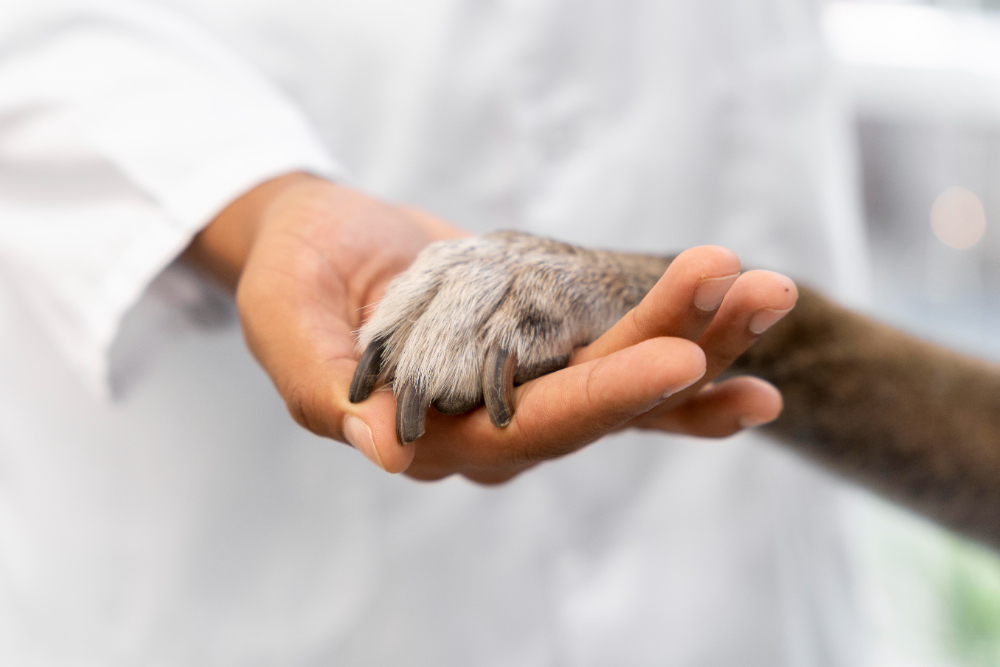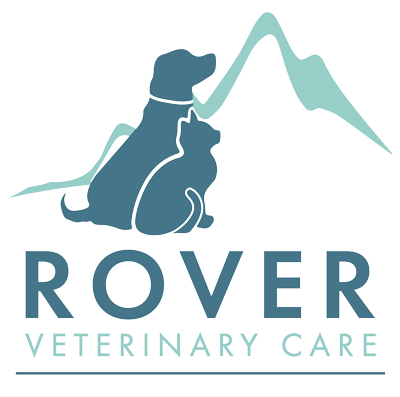Navigating Canine Cancer: A Guide for Loving Pet Owners

Navigating Canine Cancer: A Guide for Loving Pet Owners

Cancer is a life-altering diagnosis, not just for humans but for pets, too. For many dog owners, the words "canine cancer" bring fear, sadness, and a rush of uncertainty. It's a diagnosis no loving pet parent wants to hear, yet nearly 1 in 4 dogs will face cancer during their lives. Being informed and knowing how to manage your dog’s care can make this challenging time less overwhelming and provide your furry friend with the best possible quality of life.
This post explores the essential steps to take, options for care, and when to consider humane choices like in-home euthanasia in Reno, NV, ensuring your beloved companion feels comforted, loved, and respected throughout their difficult journey.
Understanding Canine Cancer
Canine cancer is not a one-size-fits-all diagnosis. Similar to humans, it comes in many forms, and the symptoms and prognosis vary depending on the type and stage of cancer. Common types of cancer in dogs include:
- Lymphoma: Affects the lymph nodes and immune system.
- Hemangiosarcoma: A cancer often found in blood vessels and the spleen.
- Osteosarcoma: A painful bone cancer that primarily affects large breeds.
- Mast Cell Tumors: A form of skin cancer with varying levels of severity.
- Mammary Gland Tumors: Found mostly in unspayed female dogs.
Symptoms to watch for include lumps or swelling, unexplained weight loss, loss of appetite, difficulty breathing, lethargy, or changes in behavior. Early detection through regular vet checkups is key to fighting this disease.
Exploring Treatment Options
When it comes to managing canine cancer, there are several avenues to explore. The right course of action depends on your dog's age, health, cancer type, stage, and quality of life.
Here are the most common treatment options:
1. Surgery
For tumors localized to specific areas, surgery is often the first step. Removing the tumor can sometimes provide a complete cure or significantly reduce cancer’s impact.
2. Chemotherapy
Chemotherapy may be used to slow cancer progression, particularly for types like lymphoma. While concerns about side effects are understandable, dogs tend to tolerate chemotherapy better than humans.
3. Radiation Therapy
Radiation targets localized cancerous tumors and helps alleviate pain or discomfort linked to cancer.
4. Palliative Care
For advanced or untreatable cases, palliative care focuses on keeping your dog comfortable and managing symptoms like pain or anxiety.
It’s worth having an open discussion with your veterinarian about the pros and cons of each option while considering your pet's happiness and wellbeing above all else.
The Emotional Toll on Pet Owners
Being a caregiver for a dog with cancer is emotionally taxing. You’re faced with difficult decisions while managing the emotional weight of seeing your loyal companion struggle. You may feel guilt for not noticing symptoms earlier or frustration over limited treatment options. These feelings are normal.
Here are some tips for coping:
- Educate Yourself: The more you know about your dog’s condition, the more prepared you’ll feel to make informed decisions.
- Seek Support: Find an online or local group of pet owners who’ve gone through similar experiences.
- Practice Self-Care: You can’t pour from an empty cup. Take breaks and prioritize your mental health as you care for your furry friend.
When It's Time to Say Goodbye
One of the hardest decisions pet owners face is determining when it’s time to say goodbye. Euthanasia is an option many consider when their dog’s quality of life diminishes significantly. Unsure if it’s the right time? Here are some key questions to ask:
- Is my dog in chronic pain that cannot be relieved?
- Has my dog lost interest in favorite activities, meals, or interactions?
- Is the treatment plan worsening my dog’s quality of life instead of improving it?
If the answers point toward suffering, it may be time to consider in-home euthanasia in Reno, NV as a compassionate way to say goodbye.
Benefits of Choosing In-Home Euthanasia in Reno, NV
One of the most comforting ways to support your dog during their final moments is through in-home euthanasia. Here’s why this option has become an increasingly popular choice for pet owners:
1. Familiar and Comfortable Environment
Your dog has spent its life in your home, surrounded by its favorite people, toys, and spaces. Passing away in the comfort of familiar surroundings is much less stressful for a dog than a trip to the clinic.
2. Peaceful Goodbye
The process allows for a more intimate and private farewell. You set the tone, and the environment remains calm, ensuring your dog’s last moments are full of love and kindness.
3. Reduced Stress
Traveling to the vet can cause anxiety for pets. By choosing in-home euthanasia, you eliminate the added stress of transportation and unfamiliar environments.
4. Time for Closure
Many families feel they can better process their grief with the privacy in-home euthanasia offers. It gives everyone—including other pets in the home—time to say goodbye on their terms.
How to Find Supportive Veterinary Care
If you’re considering in-home euthanasia in Reno, NV, we recommend reaching out to Rover Veterinary Care. Their compassionate team specializes in helping pets and their families through this difficult process with dignity and respect. From start to finish, they’ll guide you through the steps and help make the experience as gentle as possible.
To learn more about their services or schedule a consultation, contact Rover Veterinary Care today.
Honoring Your Dog’s Legacy
After your dog passes, taking steps to honor their legacy can provide a measure of solace. Every pet is unique, and the loss leaves a significant void. Here are meaningful ways to celebrate your cherished companion:
- Create a Memory Book: Collect photos, stories, and keepsakes in one place.
- Plant a Memorial Garden: Dedicate a corner of your yard or a potted plant to your dog.
- Make a Donation: Consider contributing to an animal welfare organization in your dog’s name.
- Celebrate their Life: Gather your loved ones to share fond memories and celebrate your pet’s impact on your life.
Leaning on the Pet-Loving Community
Grieving the loss of a pet is a deeply personal experience, but you’re not alone. Many pet owners have gone through the same heartbreak. Don’t hesitate to lean on online forums or local pet support groups where you can share your story, exchange advice, or simply talk to others who understand what you’re facing.
Final Thoughts
No one understands your bond with your dog better than you. Navigating canine cancer is an emotional and challenging experience, but you don’t have to do it alone. By exploring treatment options, prioritizing your dog’s quality of life, and being open to the idea of in-home euthanasia in Reno, NV, you can ensure your beloved pet receives the care and love they deserve until their very last moment.
If you are facing this difficult decision, know that Rover Veterinary Care is here to guide you every step of the way. We’re committed to helping you honor your pet while offering compassionate support during this time.
